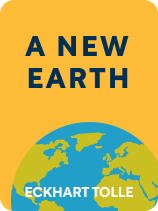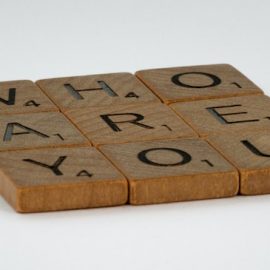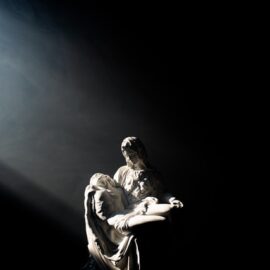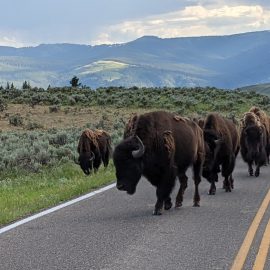

This article is an excerpt from the Shortform book guide to "A New Earth" by Eckhart Tolle. Shortform has the world's best summaries and analyses of books you should be reading.
Like this article? Sign up for a free trial here .
What is the ego afraid of? What drives the ego’s pursuit of superiority?
According to Eckhart Tolle, the ego’s main fear of being nothing drives us to seek superiority. But the pursuit of superiority won’t eliminate the fear of ego because there will always be someone better.
Here’s why chasing superiority is a futile pursuit, according to spiritual teacher Eckhart Tolle.
The Ego Is Afraid of Being Nothing
Unfortunately, despite the ego’s hard work, becoming superior to others won’t eliminate the fear of ego. This is because there will always be someone who has more or better elements than us. Therefore, the ego will always crave more elements to gain superiority, resulting in what Tolle calls the endless cycle of wanting—no matter what we have, we will always want more.
(Shortform note: The Tao Te Ching, one of the foundational texts of Taoism, explains that success is often defined by wealth and status. Consequently, people become obsessed with gaining “more.” Taoism teaches that this endless striving leaves people perpetually dissatisfied because the external structures they seek can’t provide them with true fulfillment. The Tao Te Ching ultimately describes this chase for success as a cycle that functions on the same premise as Tolle’s endless cycle of wanting—people look for fulfillment through external structures that can’t provide it and end up trapped in a cycle of unhappiness.)
Tolle explains that because of this cycle, humans are only able to experience the present moment in one of three dysfunctional ways:
- As a bridge to a future moment. This is when the only value of the present moment is to reach something better in the future. This state makes us feel bored and discontent.
- For example, you may be enduring a business meeting by thinking about the dinner party you’re going to after.
- As a barrier or obligation. This is when we actively dislike what we’re doing, but we have to do it to get what we want. This results in impatience, frustration, and stress.
- For example, you hate your current job and dread it the entire day, but you do it anyway because it’s the only way to make an income and get a better job in the future.
- As an antagonist. This is the worst state to be in—when we see our reality as inherently evil and against us. This state most commonly results from negative thoughts provided by our pain-body, like “nothing good ever happens to me,” and results in the emotional reactions that cause us to see the present as an enemy.
- For example, you wake up with a dead phone, miss the bus to work, and forget your lunch at home, all while fuming and complaining that it’s “just my luck because nothing good ever happens to me.” You consequently feel anger and resentment towards life.
Mindfulness
When we’re unable to be mentally present because we’re consumed with wanting, our ego can control our thinking and behavior, trapping us in a dysfunctional state of mindlessness. Tolle argues that the only way to escape this state is to evolve our consciousness to a higher level—one where we are present in each moment rather than constantly wanting. He calls this state being or presence, but we’ll refer to it as mindfulness.
(Shortform note: The Tao Te Ching also asserts that the state of wanting is contrary to how we should live, explaining that earthly desires and “success” are distractions that prevent us from living as one with the Tao, or the natural order of the universe. Living as one with the Tao ultimately means breaking free from the constraints our humanity puts on our minds, like labeling things as good and evil, right and wrong, fact and fiction, and being concerned with the past, future, and what we should and shouldn’t do. These constraints are what Tolle would label as manifestations of the ego, and the Taoist solution to break free from these constraints corresponds to Tolle’s idea of presence—mindfulness.)

———End of Preview———
Like what you just read? Read the rest of the world's best book summary and analysis of Eckhart Tolle's "A New Earth" at Shortform .
Here's what you'll find in our full A New Earth summary :
- Eckhart Tolle's guide on how to evaluate your consciousness
- How to overcome ego-driven thoughts and behaviors
- Why humanity must undergo an evolution of consciousness






